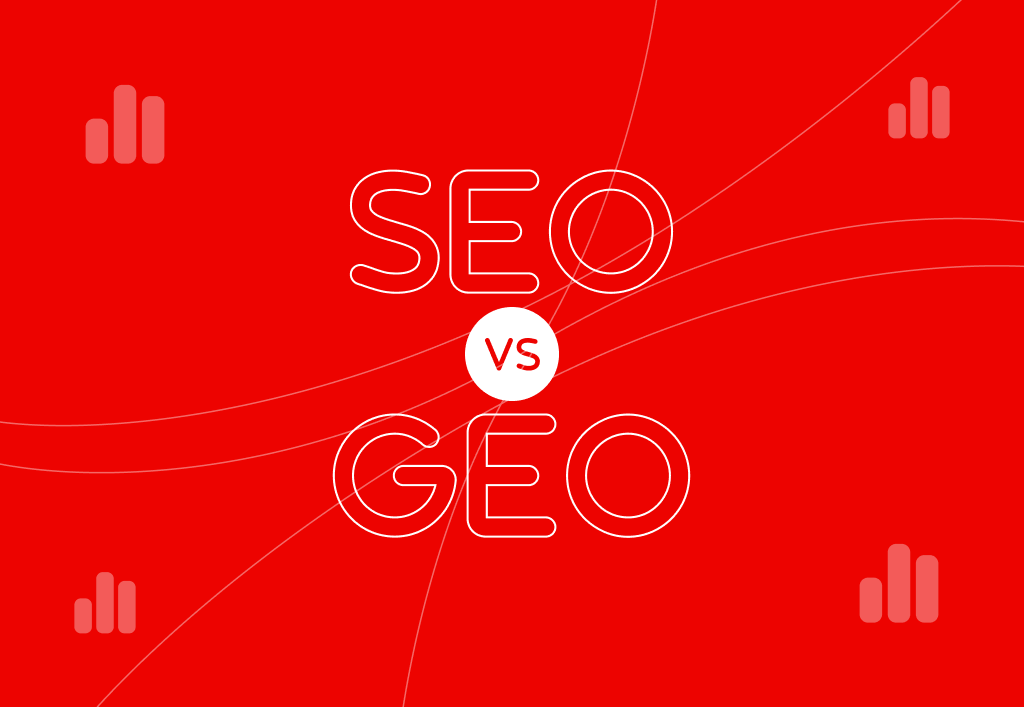Many entrepreneurs find themselves at a crossroads regarding whether to focus on SEO. Most use paid ads or promotions as a means of advertisement. Understanding that most first-time visitors come to your site via search results would be prudent. Your page having low visibility in SERPs can harm your entire business model. Let’s find out if SEO is necessary for eCommerce websites.
Is SEO for eCommerce Necessary?
Absolutely! You get substantial long-term benefits from SEO. It can lead to a steady stream of targeted traffic. It has much lower customer acquisition costs compared to paid advertising. When done correctly, SEO improves user experience. It has a positive impact on site usability. You benefit from the increased brand visibility. It gives your eCommerce website a sheen of credibility.
Why SEO Matters for Online Stores
eCommerce SEO involves optimizing an online store to rank higher in search engine results. It aims to increase organic traffic to the website. Here are some reasons why SEO is indispensable for better-performing eCommerce pages.
Increased Visibility
SEO helps online stores appear in search results when potential customers look for products. Higher rankings mean more visibility for your page. The latest finding indicates users’ reliance on SERPs to make purchase decisions. If your page features on the first page of the search results, you get an edge over the competition. It can lead to more website visits and sales.
Cost-Effective Marketing
Many eCommerce website owners think paid ads are the best way to boost their business. Paid ads can lead buyers to websites, but the growth is not organic. Paid advertisements are also very expensive compared to SEO. You need to spend money for each click. SEO is more organic as it can drive more visitors to your site. It is a cost-effective long-term strategy for eCommerce businesses.
Targeted Traffic
SEO attracts users who are actively searching for specific products. This targeted traffic is more likely to convert into sales than random visitors. SERP results drive the lion’s share of visitors to your website. Features such as “Featured Snippets” or “People also ask” have made SEO indispensable for your brand. Most buyers research online before making a purchase. You will see better sales if you bring such interested visitors to your page.
Better User Experience
Good SEO practices add to the user experience. Improving your site speed and layout keeps the visitor on your page longer. It can lead to higher conversion rates. Your customers are more likely to give you a word-of-mouth recommendation.
Brand Credibility
There is a saying in marketing circles, “If you are not a brand, then you are a commodity.” Building a brand creates value. You can boost your brand credibility with clever SEO tricks. SEO helps your website rank higher in SERPS. Websites that rank high in search results often appear more trustworthy to users.
Elements of eCommerce SEO
SEO for eCommerce includes aspects like improving site structure, optimizing product pages, and building quality backlinks. Here are some details of eCommerce SEO.
Keyword Research
Identifying the right keywords will lead more users to your site. Find terms that have a high search volume. Keywords that are closely relevant to your products benefit your page. Focus more on keywords with more manageable competition. You can use tools like Google Keyword Planner or Semrush to help with keyword research.
On-Page Optimization
On-page SEO helps individual web pages rank higher. Use keywords in product titles and descriptions. Go for clear titles that describe the products in detail. Optimize meta titles and use header tags correctly. High-quality images with alt text will make your page more attractive. It can encourage users to spend more time browsing. Schema markup can provide rich snippets of your website during search. Add customer reviews to give credibility to your product listings.
Technical SEO
Technical SEO focuses on the website’s backend. Optimize all the images on the site. Use tricks like browser caching to make your page load faster. You can also consider a content delivery network (CDN). It improves site speed to make the browsing smoother for end users.
Make your site mobile-friendly. You can add a layer of security to your site by going for HTTPS. Create a clear site structure for easy navigation.
Content
Content is the king when it comes to SEO. Create content that is relevant to the niche you serve. The potential customers should be able to get value out of the content. You can publish product guides or how-to guides to keep your users engaged. Sharing customer stories can help you build a connection with your user base.
Keep thin or duplicate at arm’s length. Try to write unique descriptions, even if the products you deal with are similar. Handle out-of-stock product listing by redirecting to a relevant product in stock.
You can use AI as a shortcut to create cheap content. While AI has its uses, it cannot replace a tenured human writer with first-hand experience. Invest in quality content to get quality customers to your site. Don’t use duplicate content or plagiarized content. It will negatively impact your SEO efforts.
Link Building
Gaining quality backlinks from reputable websites can boost your site’s authority. You can contact blogs or websites related to your products or services. Build a network by participating in relevant online communities. Backlinks can serve as a badge of reliability that builds trust.
Monitor and Analyze Performance
Regularly check your SEO performance using tools like Google Analytics and Google Search Console. Look at these metrics to refine your SEO strategy.
- Organic traffic
- Keyword rankings
- Conversion rates
- Bounce rates
Therefore, SEO is necessary for eCommerce to increase online visibility and sales. Focus on proven methods to improve their search rankings. It will attract more potential customers. Apply best SEO practices to build lasting success in the competitive digital marketplace. If you want any assistance to improve SEO for your website, call us at (203) 226-8795. Fill out our contact form or email us to discuss how our expertise can benefit your eCommerce website.













